Category Archive for "Health Systems Strengthening"
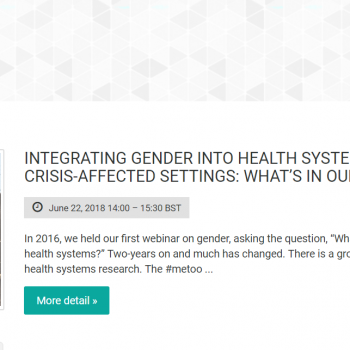
Webinar: Integrating gender into health system strengthening in conflict and crisis-affected settings; what’s in our toolkit?
Webinar describes how the process of focusing on gender has unfolded in different settings and share a range of tools that interested researchers, policymakers, and practitioners could use and adapt to stimulate progress towards gender equity.
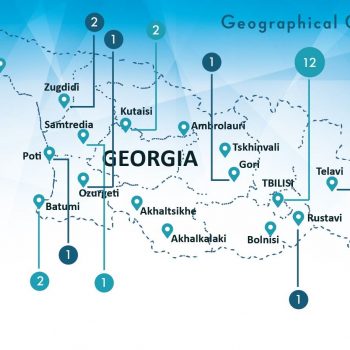
Closing Project: Tuberculosis Community Systems Strengthening in Georgia
The Curatio International Foundation has fulfilled a Tuberculosis Community Systems Strengthening (TBCSS) Project in Georgia, funded by the Stop TB partnership in the frame of Challenge Facility for Civil Society (CFCS) round 7 program. The goal for the project was to strengthen community response that is integrated and part of a comprehensive response to TB in Georgia.
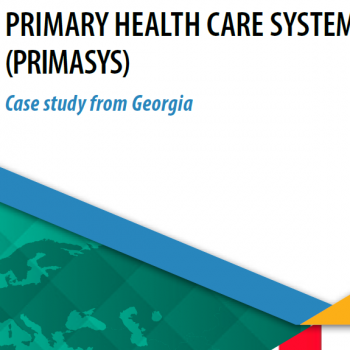
Primary Health Care Systems: Georgia case study
Curatio International Foundation publishes Georgia case study of primary health care system (PRIMASYS). The PRIMASYS case study covers key aspects of primary health care system, including policy development and implementation, financing, integration of primary health care into comprehensive health systems, scope, quality and coverage of care, governance and organization, and monitoring and evaluation of system performance.
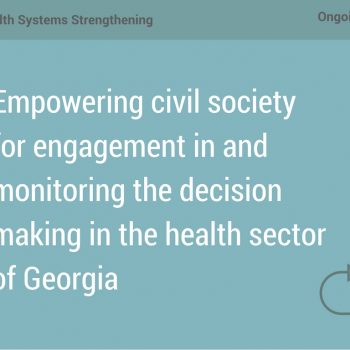
Empowering civil society for engagement in and monitoring the decision making in health sector in Georgia
The project aims to strengthen CSOs working on Health Systems to participate in the decision-making process, to assume watchdog functions, monitor enforcement of policies and advocate for better health for all. The project is funded by Open Society Foundation through proactive cooperation with Open Society Georgian Foundation.
Population Size Estimation of People who Inject Drugs in Georgia 2016-2017
This study estimated the size of People Who Inject Drugs using different estimation methods to provide the most plausible estimates. The study was carried out in conjunction with the Bio Behavioral Surveillance Survey among injecting drug users.
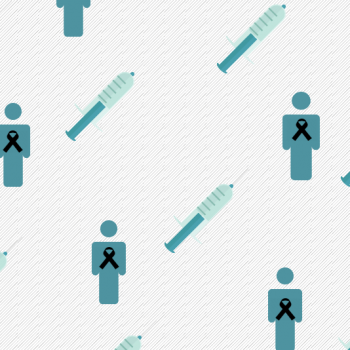
HIV risk and prevention behaviors among People Who Inject Drugs in seven cities of Georgia, 2017
Current study represents the latest 7th wave of Bio-Behavioral Surveillance Surveys among People Who Inject Drugs. Objective of the study was to measure prevalence of HIV and Hepatitis C among PWID, provide measurements of key risk behaviors and generate evidence for advocacy and policy-making.
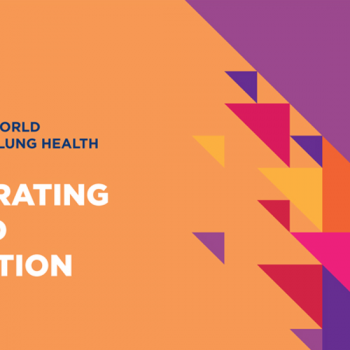
Conference paper: The Study of Barriers and Facilitators to Adherence to Treatment among Drug Resistant Tuberculosis Patients in Georgia to Inform Policy Decision
The study outlines different health system factors as long as some social and economic elements influencing the adherence behavior to TB treatment among MDR-TB patients in Georgia. The study concludes that factors are closely interlinked and self-reinforcing.
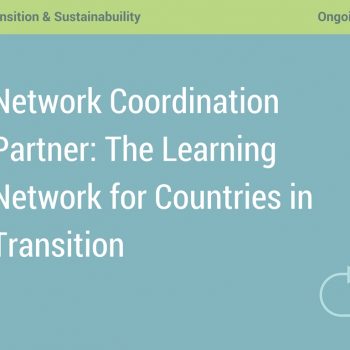
Network Coordination Partner: The Learning Network for Countries in Transition
CIF will support R4D in conducting scoping literature review and interviews with partner organizations and country stakeholders to a) better understand current country processes, b) identify other country experiences regionally/ globally that would provide good learning opportunities; c) explore existing approaches, tools, and resources on identified technical topics; d) refine identified topics through understanding of country demand, experiences, and gaps in knowledge. This will be essential to better recognize what guidance and/or tools would be useful in addressing gaps. It is critical to ensure that the way of possible engagement is of interest and importance for most of the participant countries, and can lead to fruitful exchanges and products.
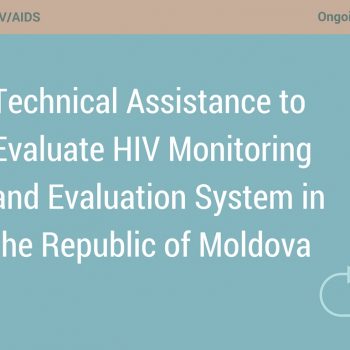
Technical Assistance to Evaluate HIV Monitoring and Evaluation System in the Republic of Moldova
The evaluation has to provide recommendations for improvement of M&E System, enhance its quality and comprehensiveness, including coordination and sustainability of the system.
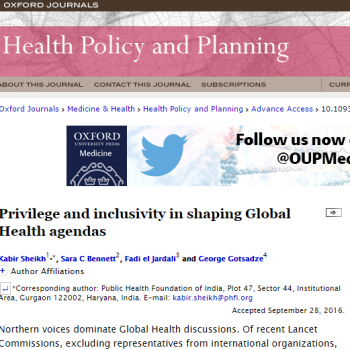
Article: Privilege and inclusivity in shaping Global Health agendas
Health Policy and Planning published an article Privilege and inclusivity in shaping Global Health agendas. CIF director George Gotsadze co-authors the paper together with Kabir Sheikh, Sara Bennett and Fadi el Jardali. The article discusses lack of inclusivity in Global Health…
